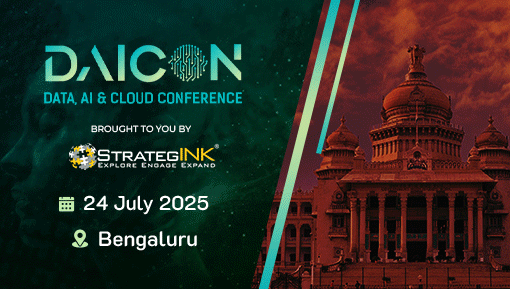
One month following the call for proposals to establish four thematic hubs as part of the Rs 6,000 crore National Quantum Mission, the government is scheduled to hold discussions with software and IT companies, startups, researchers, and academic institutions on February 20 regarding the project’s execution.
The upcoming meeting will primarily address stakeholders’ queries regarding the quantum mission and explore how a collaborative effort between industry, academia, and government can propel the implementation of quantum technologies in the country. The government also intends to engage IT giants such as Tata Consultancy Services (TCS), Tech Mahindra, Infosys, as well as other software companies like Qualcomm, to contribute to technology development.
Quantum technologies, leveraging concepts like superposition, enable quantum computers to perform multiple calculations simultaneously, resulting in significantly faster processing speeds compared to classical computers. This capability opens doors to solving complex problems that classical computers struggle with, such as breaking unbreakable codes or processing information more efficiently.
Given the evolving technological landscape and varied needs, countries worldwide are investing in the next quantum revolution to enhance transportation, communication security, medicine production efficiency, disease detection, space communication, among other applications. Approved by the Cabinet in April last year, the Rs 6,000 crore mission aims to upscale scientific and industrial research and development (R&D) for quantum technologies by 2030-31.
Ajay Sood, the principal scientific adviser to the government, emphasized the mission’s focus on fundamental R&D translating into tangible products. He encouraged major software players to participate, envisioning the emergence of quantum computing as a service in the near future. The goal is to witness both high-end research and product development at various stages of maturity within three to five years.
The National Quantum Mission is being implemented by the Department of Science and Technology, with support from the Department of Telecommunications (DoT) and the Ministry of Electronics and Information Technology (MeitY) as knowledge partners. The mission framework entails the establishment of four thematic hubs in quantum computing, quantum communication, quantum sensing & metrology, and quantum materials & devices, with government funding.
These thematic hubs, formed through collaboration between R&D labs, institutes, big companies, and startups, will operate as section 8 non-profit companies. The mission’s implementation is divided into three phases: Phase 1 involves setting up thematic hubs until the prototype stage within three years, followed by six years dedicated to product development and deployment, and finally, the third phase focusing on business development and economic growth after product development.
Speaking at the event, telecom secretary Neeraj Mittal said, “a lot of work is happening in C-DOT, in terms of quantum communications. They have developed a quantum secure video phone”.The Telecommunication Engineering Centre (TEC) is also setting standards for Quantum Key Distribution (QKD). With the quantum mission, the government is targeting to develop intermediate scale quantum computers with 50-1,000 physical qubits in 8 years in various platforms like superconducting and photonic technology. Further, the technology is also aimed at building satellite-based secure quantum communications between ground stations over a range of 2,000 kilometres within India.





